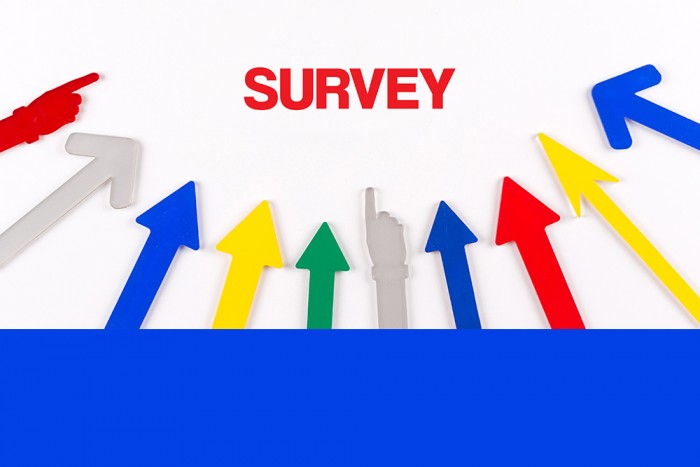The Office of Long-Term Living (OLTL), with support from Mercer Government Human Services Consulting (Mercer), part of Mercer Health & Benefits LLC, is conducting a rate study survey for the following Home and Community-Based Services (HCBS):
- Adult Day;
- Structured Day Habilitation;
- Employment and Training;
- Personal Assistance (Agency);
- Personal Assistance (Participant-Directed); and
- Residential Habilitation.
Please complete the survey for the Calendar Year (CY) 2023, which spans from January 1, 2023, through December 31, 2023, unless it is otherwise specified. Please submit the survey by Friday, August 23, 2024. This survey is one piece of the targeted rate review and is intended to collect current provider rate and wage data and general feedback on the challenges of providing these services. The information collected in this survey will be used to assist in developing a point of reference for the rate range to evaluate current payment rates. In addition to results from this survey, the review will include payment rate information from Managed Care Organizations (MCO) in OLTL claims data, recent legislative policies, department expectations, and other data obtained from publicly available sources.
HCBS providers that delivered multiple service categories during CY 2023 should fill out this survey separately for each service category you delivered.
HCBS providers that did not deliver any of the service categories listed above should disregard this survey. OLTL is partnering with Mercer to perform a rate study exclusive to the service categories listed above at this time.
The information collected for this survey will be used for both this rate study and to meet the requirements of House Bill 1300 from the 2023–2024 Pennsylvania General Assembly regular session. The information you provide will remain confidential and private and will only be shared publicly through high level summary reports that do not include provider level detail. Please comply with the Health Insurance Portability and Accountability Act (HIPPA) and do not share any protected health information (PHI) within your survey responses.
You can review the survey questions before starting the survey. This survey tool does not allow individuals to save and go back to answer questions. Please have all your agency information such as wages, employee information, and financial statements readily available. This will help you to submit accurate information when answering the questions.
HCBS providers can access the survey here. OLTL and Mercer appreciate your time and this valuable feedback. If you have any questions or need assistance, please reach out via email. A listserv has been established for ongoing updates on the CHC program. It is titled OLTL-COMMUNITY-HEALTHCHOICES; please visit the ListServ Archives page to update or register your email address.
Please share this email with other members of your organization as appropriate. Also, it is imperative that you notify the Office of Long-Term Living for changes that would affect your provider file, such as addresses and telephone numbers. Mail to/pay to addresses, email addresses, and phone numbers may be updated electronically through ePEAP, which can be accessed through the PROMISe™ provider portal. For any other provider file changes please notify the Bureau of Fee for Service Programs Enrollment and Certification Section at 1-800-932-0939 Option # 1.
If you have any questions, please contact Fady Sahhar or Melissa Dehoff.
















